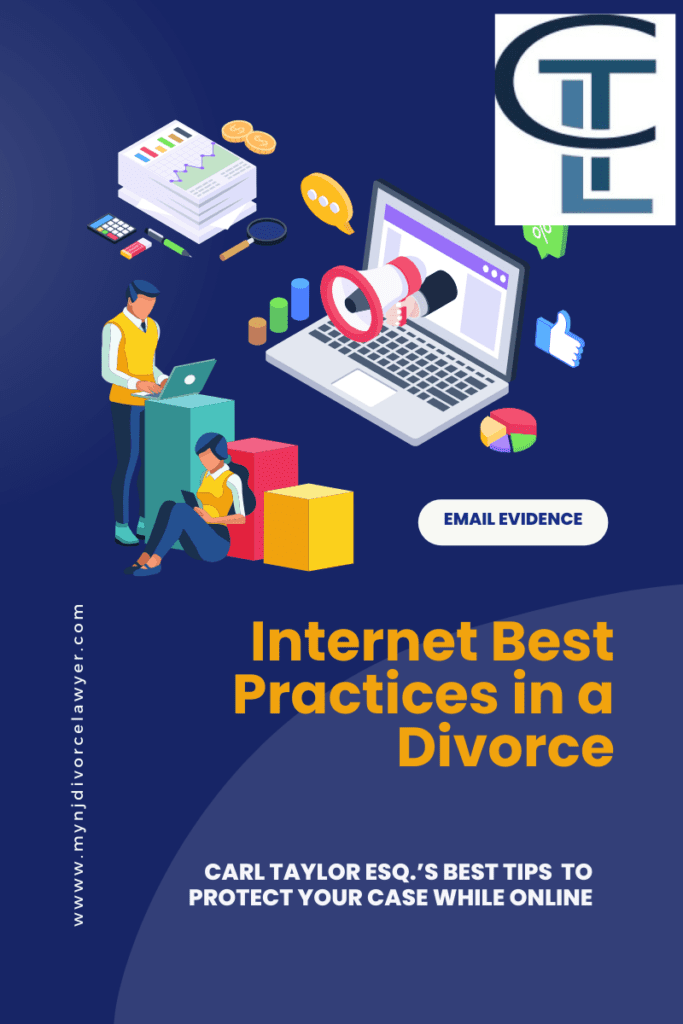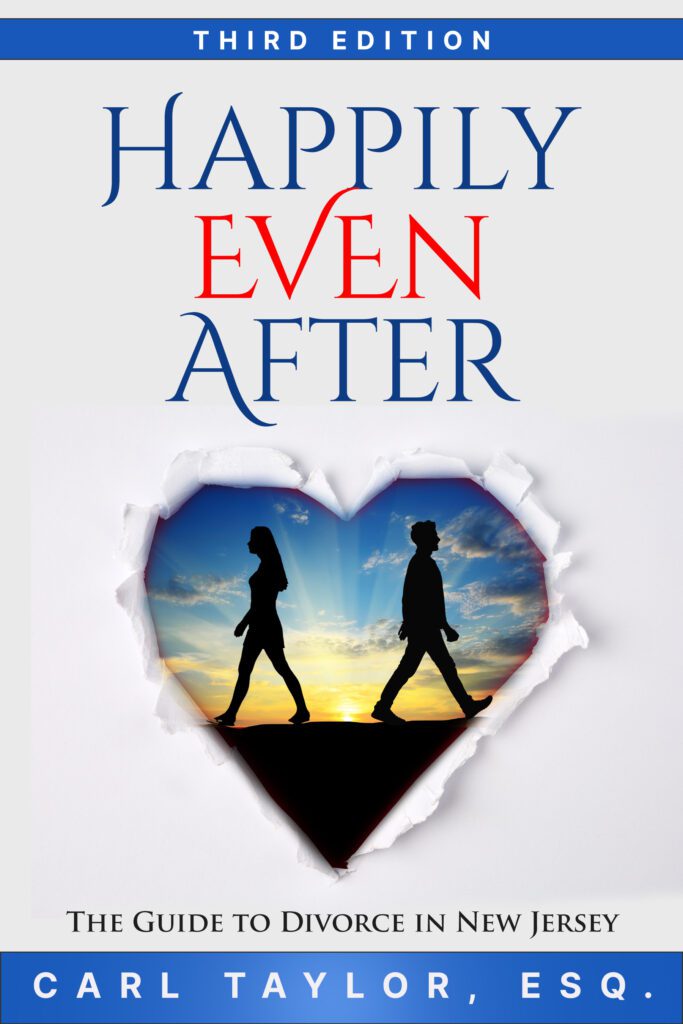
Practicing divorce law must have been so much simpler in the pre-internet era. I wouldn’t be cold-called everyday by “SEO Experts,” claiming they can “triple my business,” I wouldn’t have to concern myself with learning about “cloud-based” storage or other technological advanced that help “save my firm time and money,” and most importantly, my clients wouldn’t be able to incriminate themselves or damage their cases by posting inappropriate photos on Instagram, friending the wrong person on Facebook, or “Twittering” the wrong message. We wouldn’t have to concern ourselves with the other side trying to hide marital assets in Bitcoin or other cryptocurrencies.
But, alas…
The Risks of Social Media on Your Divorce Case
It seems that a fair share of my conversations about social media with clients or potential clients go like this:
Me: You should be very concerned about your web-presence from now on. You’re about to go through a contentious divorce, and if you write the wrong thing or get tagged in the wrong photo it could really hurt your case. Although you probably can’t remove what is already online, as that may be considered an inappropriate spoliation of evidence, please keep this in mind from now on. I just don’t want to see you giving the other side ammunition or evidence that could hurt your case.
Client/Prospective Client: No worries. I am active on (insert trending social media page here), but my settings are marked private. And I would never be absent-minded enough to post anything incriminating on the internet while engaged in divorce litigation!
(2 weeks later)
Me: How is everything? You left a message at my office last night at 11 PM, is everything alright?
Client: I think I messed up. I posted a photo on Facebook of me drinking at a club on the night I was supposed to be exercising parenting time. Also, after I got home I was still drunk and I posted a comment about how my ex is a terrible mother and that I always tell my son he deserves two good parents but unfortunately he only got one.
Me: Ok. Well, hopefully your ex won’t see it.
Client: They already have. She called me last night and said she was going to tell her attorney about it and that she is upset I would drag our child into the divorce litigation. She also said they were going to claim I have a drinking problem.
Me: I thought you said the account was private.
Client: Yeah, I thought so. So should I just delete everything?
Me: No. As I said before, that might be considered an inappropriate spoliation of evidence. We just have to go into damage control mode.
Client: Wait…why can’t I just delete everything again?
Most Internet Postings, Emails, and Texts can be Considered Evidential in a Divorce
The internet can be used for good or for evil, like most things in life. Unfortunately, it’s such a powerful tool that sometimes even the best people can slip up or have a down-moment. Reputation and credibility are so important in family law cases and given that spoliation of evidence rules make it so that it may be improper to later remove or change posts, pictures, etc., let this post (with its fictional dialogue) be a reminder to all practitioners to remind their clients of these issues and to anyone in the process or confronting these issues to be mindful of the dangers when posting online. The same can be said for texts, emails, or any other forms of written communications. Even telephone conversations may be recorded in New Jersey, as this is a single recording wiretap state.
Conclusion
Just remember that in a New Jersey divorce, internet/social postings can be a particularly fertile ground for evidentiary purposes. I can’t count how many times our firm has been able to attach social media postings by the other side and gain an advantage in the courtroom. You live by the sword and die by the sword in our interconnected 24/7 world.
Be careful.

Partner with Carl Taylor, Esq.
Ready to Find Your Happily EVEN After? Call Today at 609-359-3345 to Schedule a Confidential Consult (or click here to self-schedule online) and Receive a Free Copy of the 3rd Edition of my 200+ page book, Happily EVEN After: The Guide to Divorce in New Jersey.
